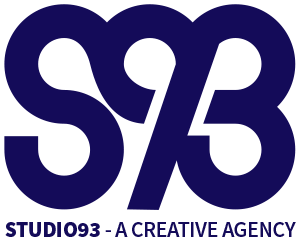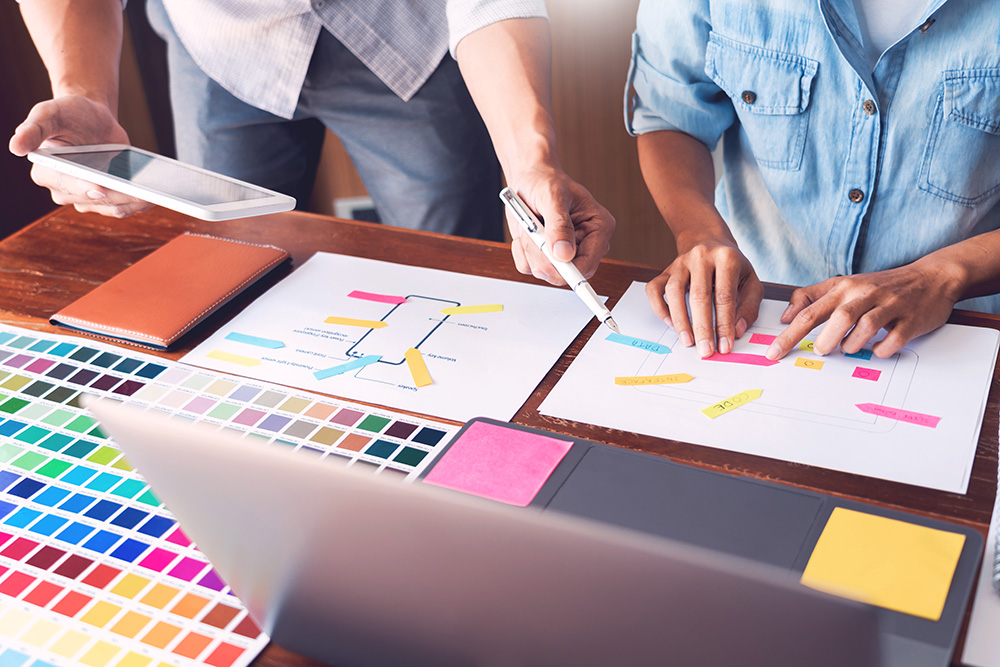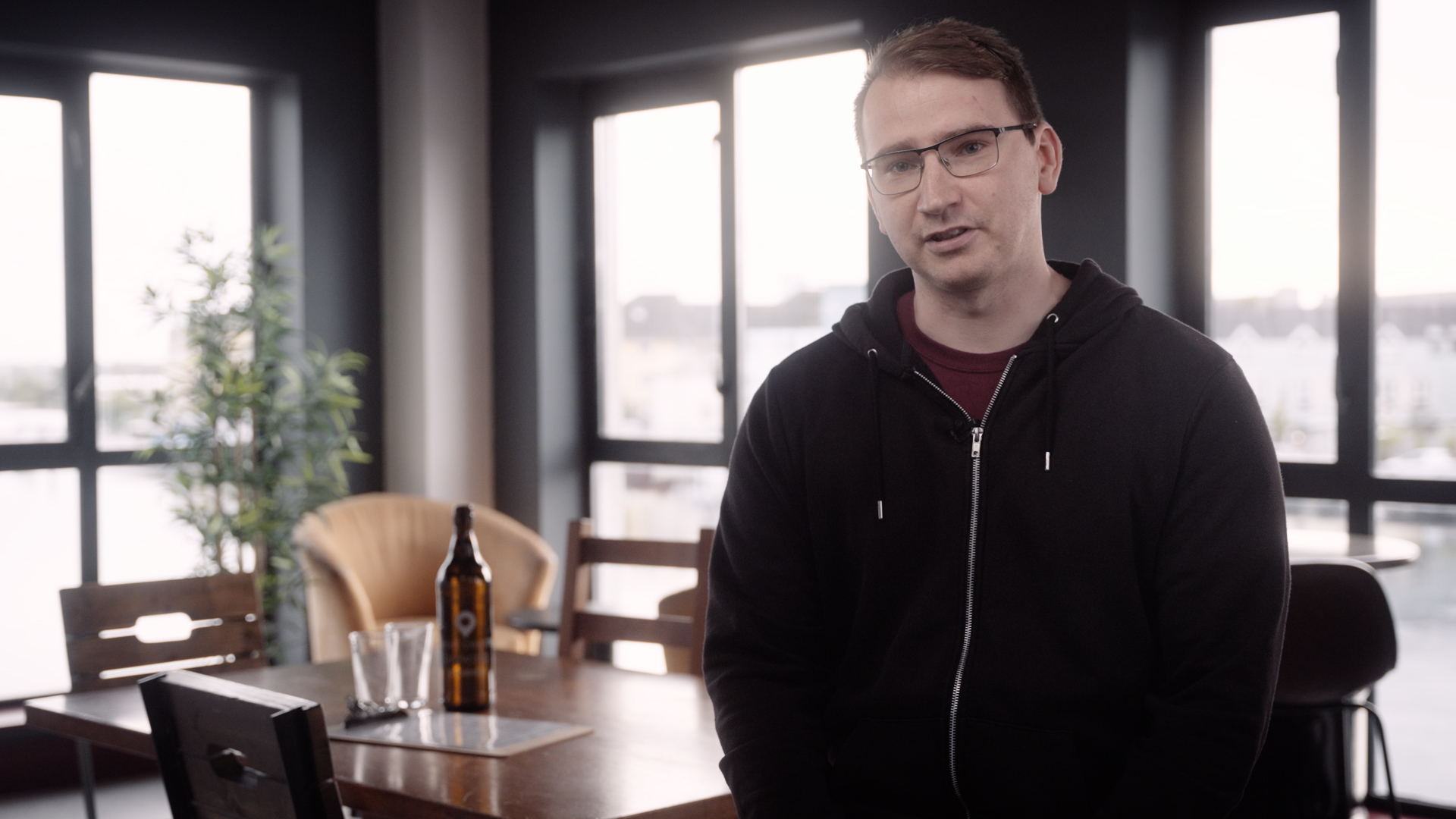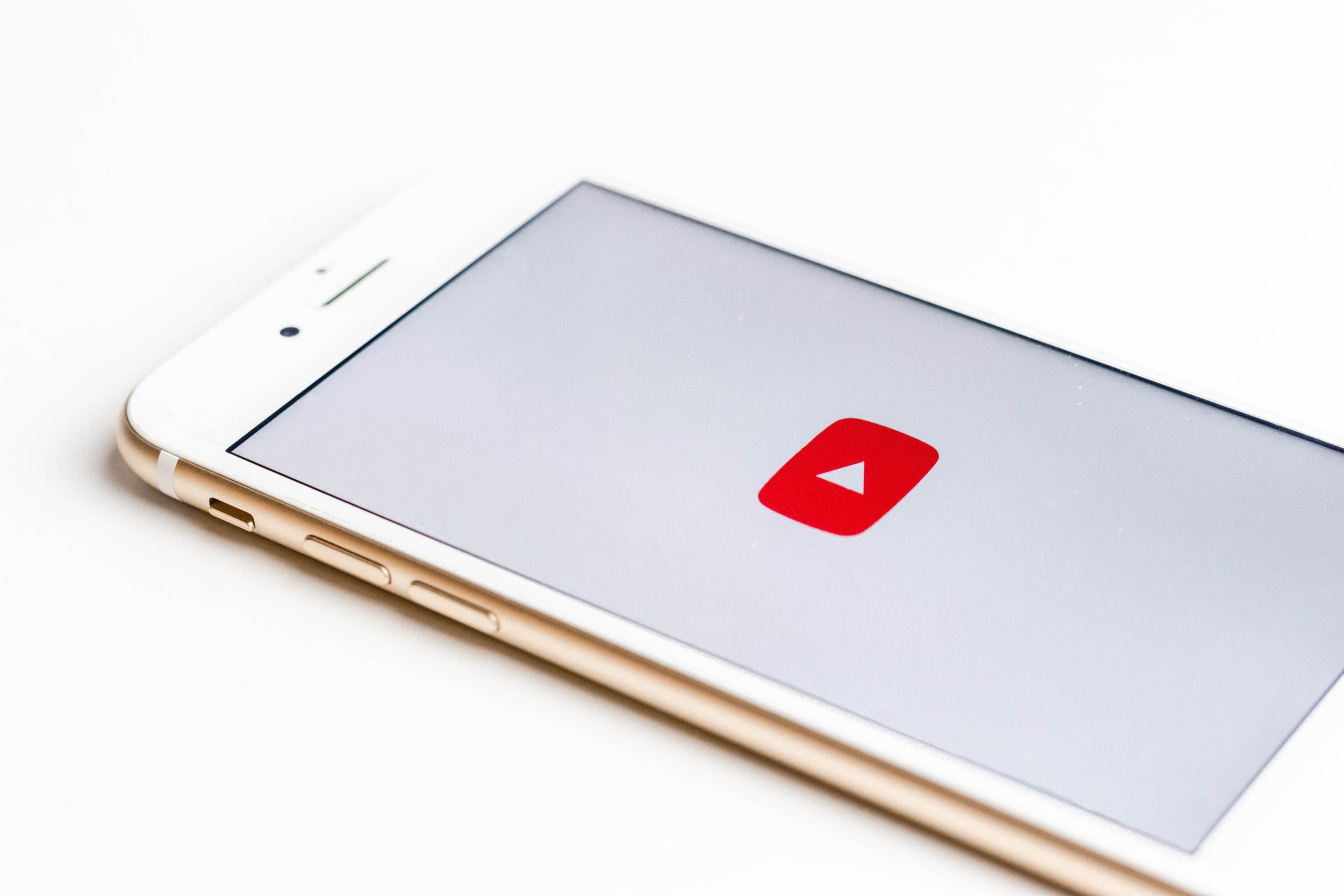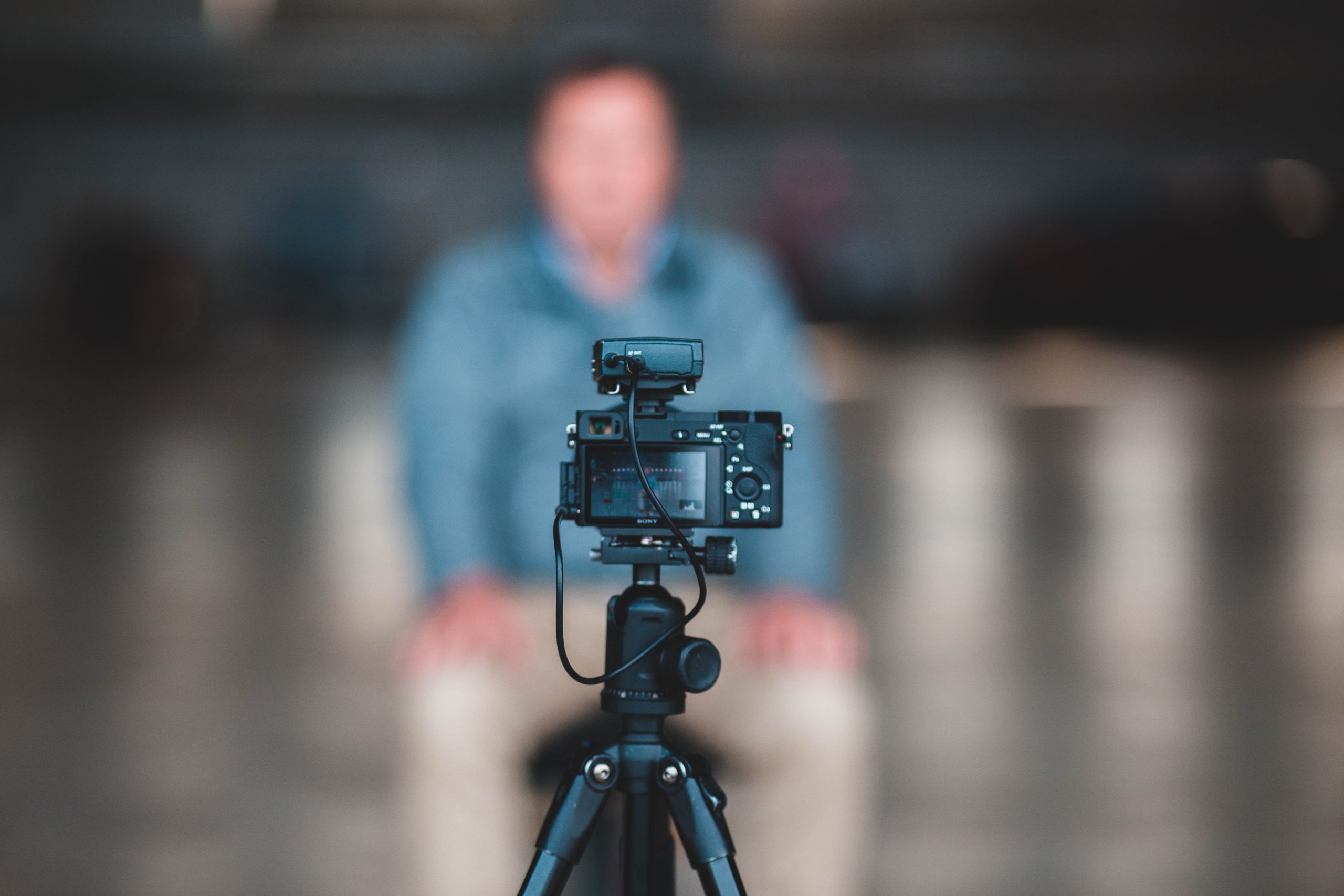Book design is one of the most rewarding design jobs
In this post, I will discuss roles and the design process recommended to achieve a successful book design.
The process of book design, layout, and proofing can be arduous and frustrating. This happens when there is a lack of understanding for the roles involved and the design process.
The Book Design Brief
Approaching a graphic designer to work on book design means working with a professional. As graphic designers, we are specialists in the visual communication. We work to communicate large and small amounts of information effectively.
From the first meeting, there must be a clear understanding of each person’s role and what deliverables are expected from each other.
The Author’s Role
As designers, we understand that the body of work the author has completed before they came to us, is their work. I believe it must be treated with respect and understanding.
For ease and efficiency we ask the author to provide:
- Clear goals for the work
- Their vision for the book
- Any sketches or ideas for how they see the finished book
- The intended readers – age / gender
- All content must be complete – images, text, acknowledgments etc. (unless they are seeking illustration or original image creation)
The author must ensure all imagery provided has permission for use from the creator.
The Designers Role
Graphic designers are design professionals. We work with written information; mix media and layouts to create beautiful visually communicated designs. During the initial meeting, we encourage a Q&A session with the author. This helps establish their taste, style, and what their book is about.
We can then begin to create a book design that reflects the authors content.
Good design practice while working with an author:
- Establishing time scale (with the understanding that all the authors work proofing is complete)
- Initial drafts or mocks ups (emailed pdfs or hard copies) for the author to see
- Explanations for why design elements will work
- Suggestions for fonts, colours, and layouts
- Open communication on changes and requested alterations
- Continuous proofing at all stages of the design
- Professional advice on design direction
The Process
Once all the imagery, text etc. we begin the creative process. Our designers will experiment with various layouts to create initial proofs. Initial proofing helps us see if the author is happy with the direction of the design work.
The design process is all about communication between the author and the graphic designer. To keep the project efficient and within timescale both sides must maintain communication.
We will provide you with proofs of the work as the project progresses. If you are not happy any design element we always recommend you inform us. It is important to say what you like and what you feel does not reflect your work. In this way, we can refine the design or begin again.
Signing off Artwork
This is often the scariest part for the author but all good design projects must come to an end. To avoid costly mistakes, we ask the author to proof the entire final draft. Once the author is happy and there are no changes we request a sign off on all the artwork.
We then prepare artwork in a print ready format for print.
